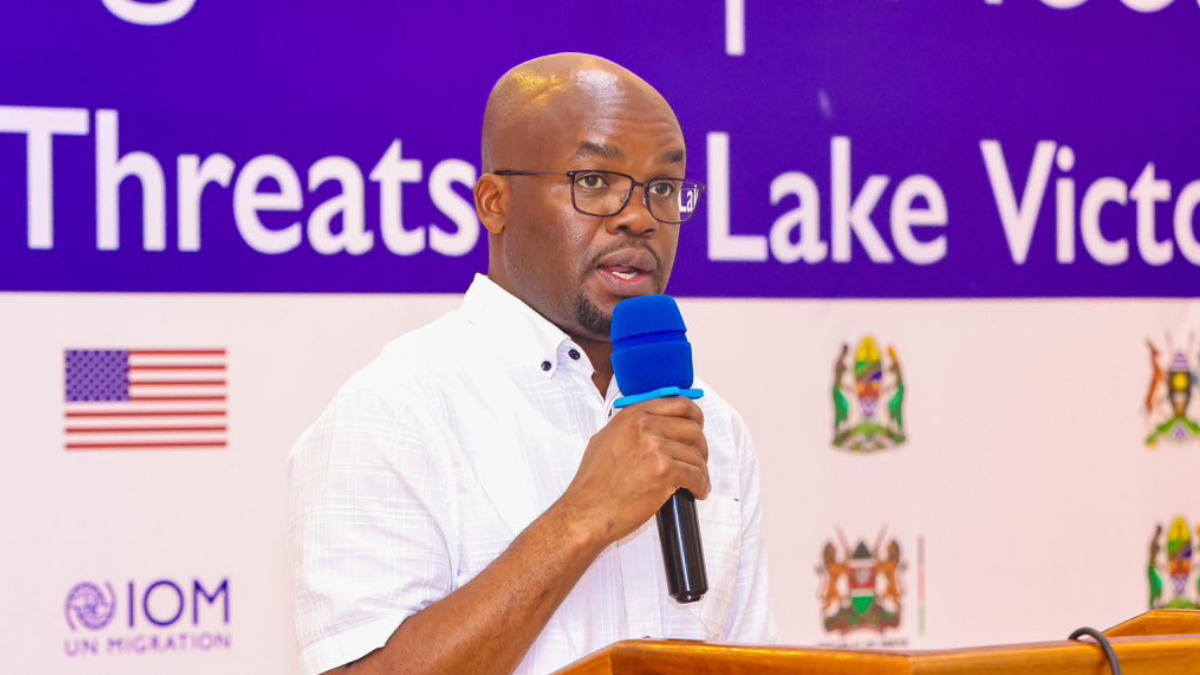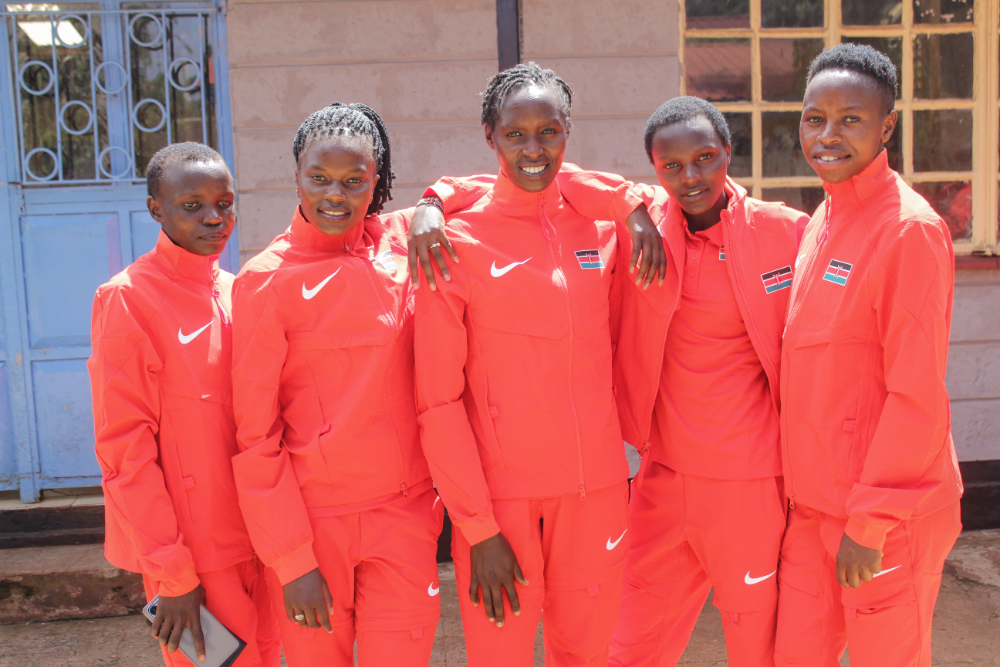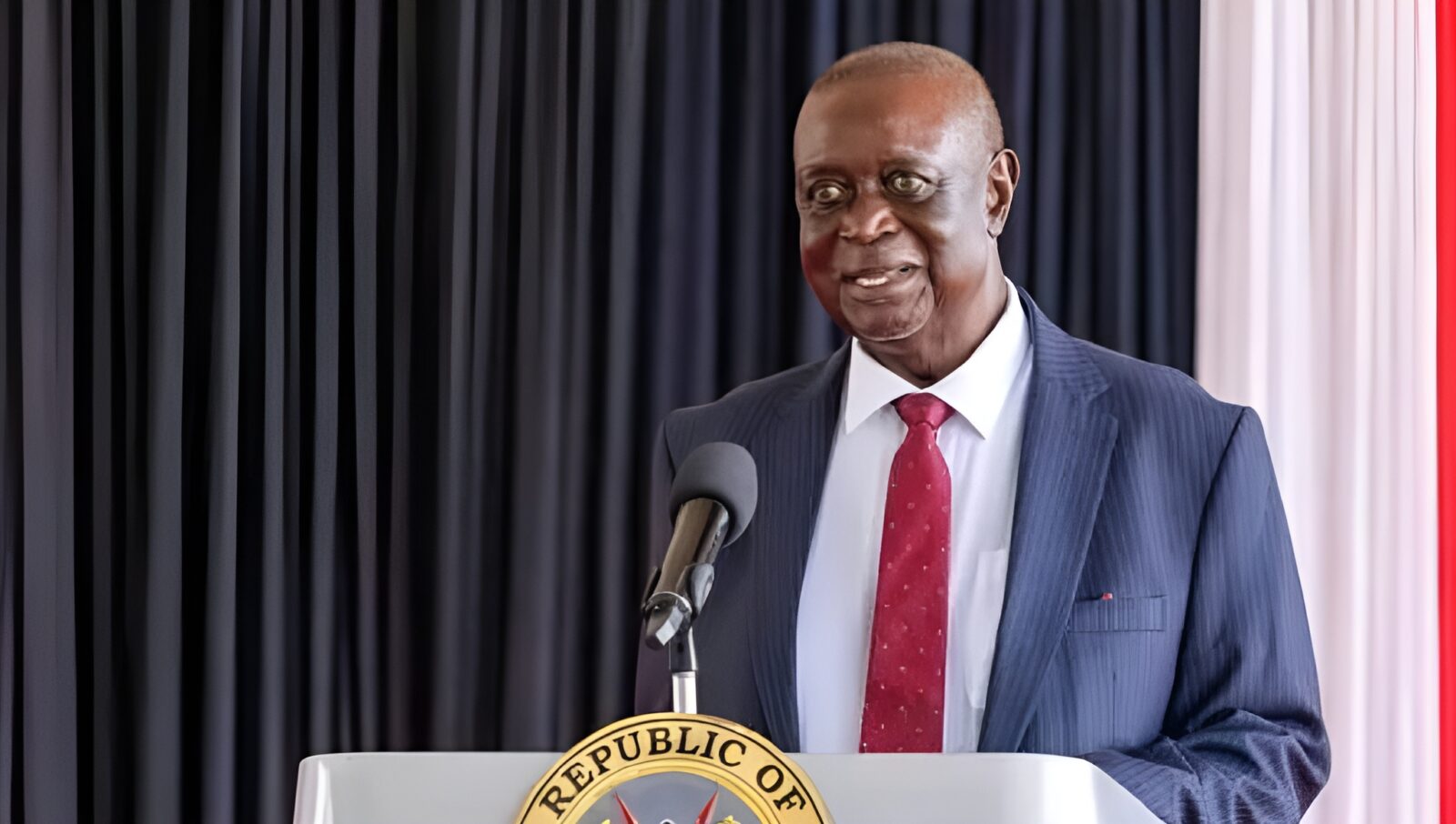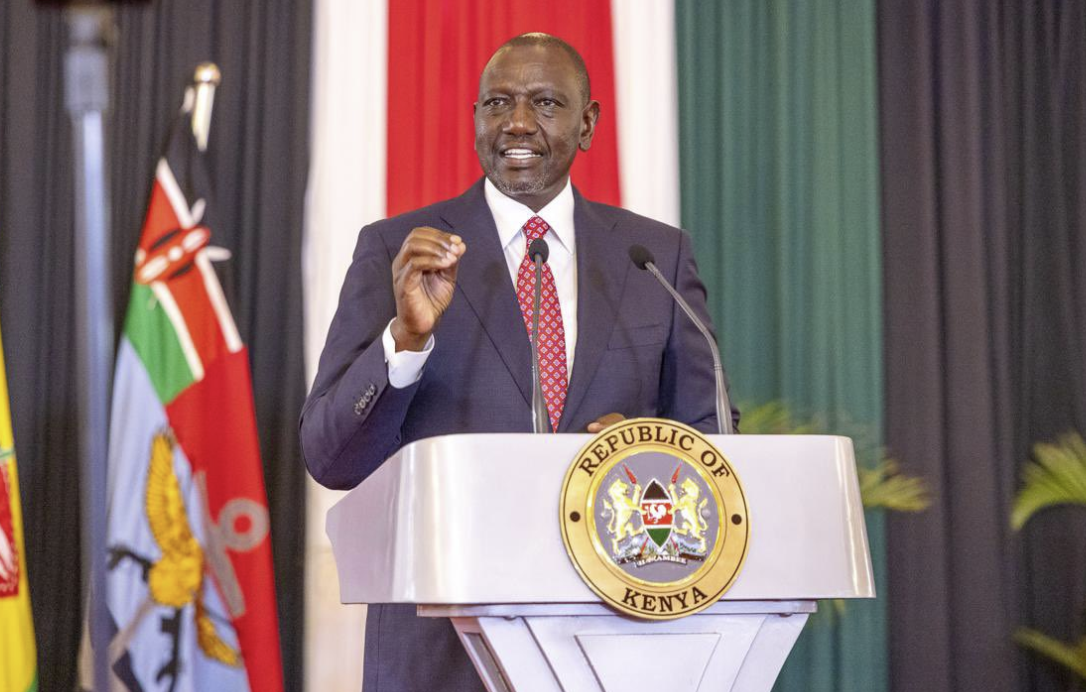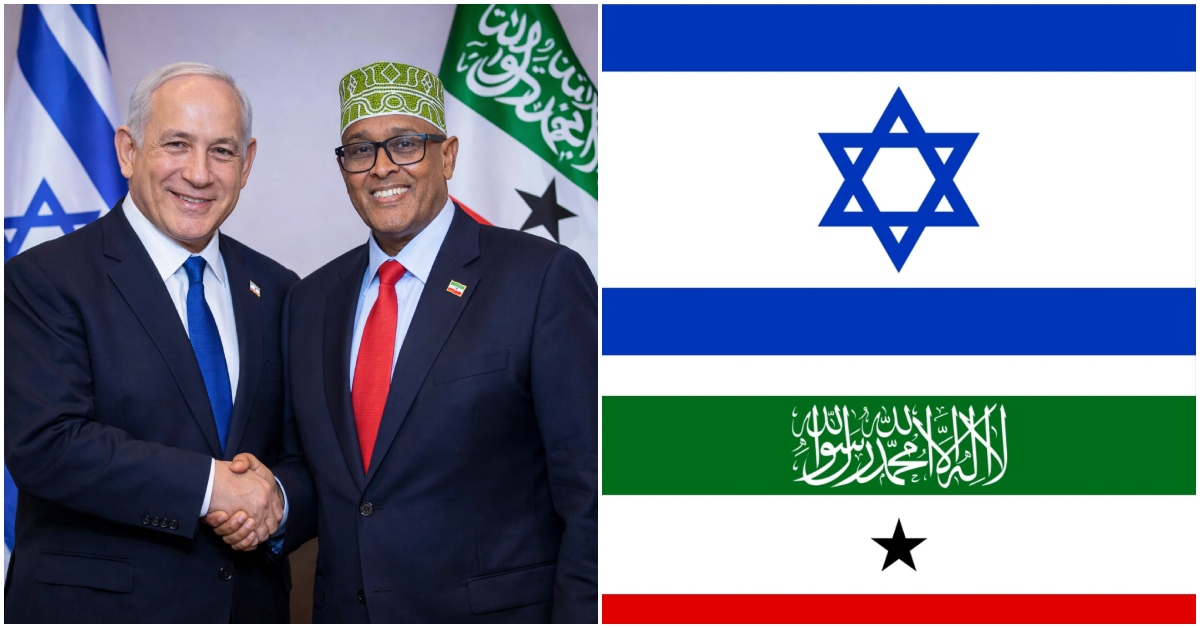The Principal Secretary for Internal Security and National Administration, Dr. Raymond Omollo, was the chief guest at the workshop on Countering Transnational Threats on Lake Victoria by Enhancing Border Security Capacities and Coordination between Authorities in Kenya, Uganda, and Tanzania.
The workshop, being held at Pride Inn Paradise Beach Resort in Shanzu, Mombasa County, is bringing together Immigration and Border Officials from Kenya, Uganda and Tanzania to discuss strengthening cooperation in countering transnational organized crime on Lake Victoria.
According to PS Omollo, the establishment of the Regional Working Group has played a pivotal role in advancing our regional security and cooperation.
“Our journey thus far has already been marked by several significant milestones. In Kisumu we began crucial discussions on border governance institutions and regulatory frameworks. In Entebbe, we validated assessment reports and made the strategic decision to invite the East African Community to join our efforts,” PS Omollo said. “Most recently in Mwanza we focused on building the capacities of our border authorities through the provision of equipment and comprehensive training programs.”
The key recommendations on Transnational Organized Crime and Border Governance on Lake Victoria during the workshop include;
- The establishment of a Regional Maritime Rescue Coordination Center for Lake Victoria: These centers would be crucial hubs for coordinating information sharing, rescue operations, and efforts to counter transnational crime,
- Harmonization of fishing regulations and law enforcement frameworks across Kenya, Uganda, and Tanzania: It is believed that a unified approach will close regulatory loopholes and enhance the collective response to security challenges and the sustainable use of Lake Victoria’s resources,
- Expansion of joint training programs for frontline officials from all three countries, fostering shared understanding and building relationships crucial for effective cross-border cooperation,
- Implementation of recommendations to counter transnational organized crime, including the gazettement of more ports of entry and fish landing sites, and
- Incorporation of community perception insights into our security strategies, as understanding the views and needs of border communities is critical to building trust and partnerships.
More to follow…


